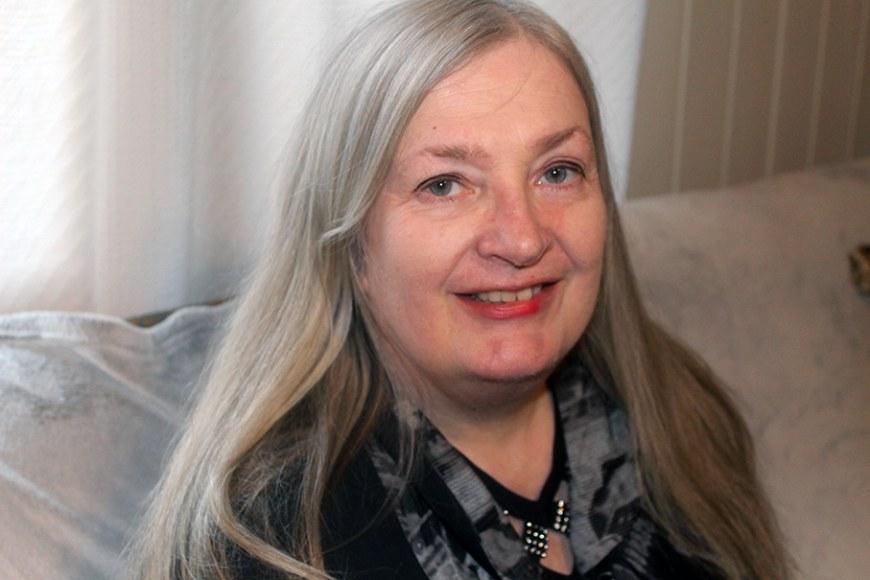
Europe’s White Spots. Postcolonial Readings of Eurocentrism and Nordic Minority Literatures explores the unmapped white spots of postcolonial studies and Nordic literary studies by investigating less studied Nordic minority literatures and Black European literature. It examines representational and self-representational practices in the context of postcolonial resistance writing.
The study also seeks to show the challenges of postcolonial poetics in the application of culture-specific textual analysis. Postcolonial close readings investigate such literary genres as travel book, (auto)biographic writing, the epistolary genre, and the migrant novel. Moreover, the articles probe bilingual and multilingual elements in the Nordic literatures. Two case studies examine Black Europe, racism, and internal colonialism.
This article-based study is composed of a summary and five articles published in peerreviewed studies. Postcolonial theory constitutes the theoretical frame of this study. In the postcolonial close readings, postcolonial theory is combined methodologically with textual analysis, contextual analysis, and contrapuntal reading. Moreover, the study discusses the present-day challenges of postcolonial studies and comparative literature in relation to world literature and cross-cultural approaches.
The five case studies are organised thematically so that the first chapter starts with a presentation of postcolonial Europe, whereas the following chapters shift the postcolonial approaches to Nordic literatures.
The first chapter demonstrates how Caryl Phillips’s counter-travelogue The European Tribe provincialises Europe by presenting multiculturalism, racism, and internal colonialism in European countries. It highlights how the generic collage of The European Tribe operates as an innovative strategy of postcolonial writing.
The second article is the first appropriation of postcolonial studies in the large field of Nordic literature. It traces the distinctive cultural, linguistic, and regional features in Nordic indigenous and ethnic minority literatures, which are presented in the context of postcolonial resistance writing.
The third article investigates cultural hybridity in Jonas Hassen Khemiri’s Montecore. En unik Tiger. It focuses on the humorous play with languages in migrant communities.
The fourth article highlights Montecore’s renewal of epistolary and (auto)biographic genres as transmitters of cultural differences and encounters.
The fifth article is the first cartography of Finnish and Swedish writers of African descent in the Nordic countries. These writers are placed in Black European writing and postcolonial resistance literature.
The doctoral dissertation brings a Nordic scope to postcolonial studies, migration studies, and European studies. It also provides new approaches to postcolonial poetics.
The doctoral dissertation of Licentiate of Philosophy Eila Rantonen in the field of literature titled Europe’s White Spots. Postcolonial Readings of Eurocentrism and Nordic Minority Literatures will be publicly examined at the Faculty of Social Sciences of Tampere University at 12 o'clock on Friday 28 May, 2021. Docent Anna-Leena Toivanen from the University of Eastern Finland will be opponent while Professor Sari Kivistö will act as the custos.
The event can be followed via remote connection.
The dissertation is avalable online at
http://urn.fi/URN:ISBN:978-952-03-1963-2
Photo: Pauli Peltonen
